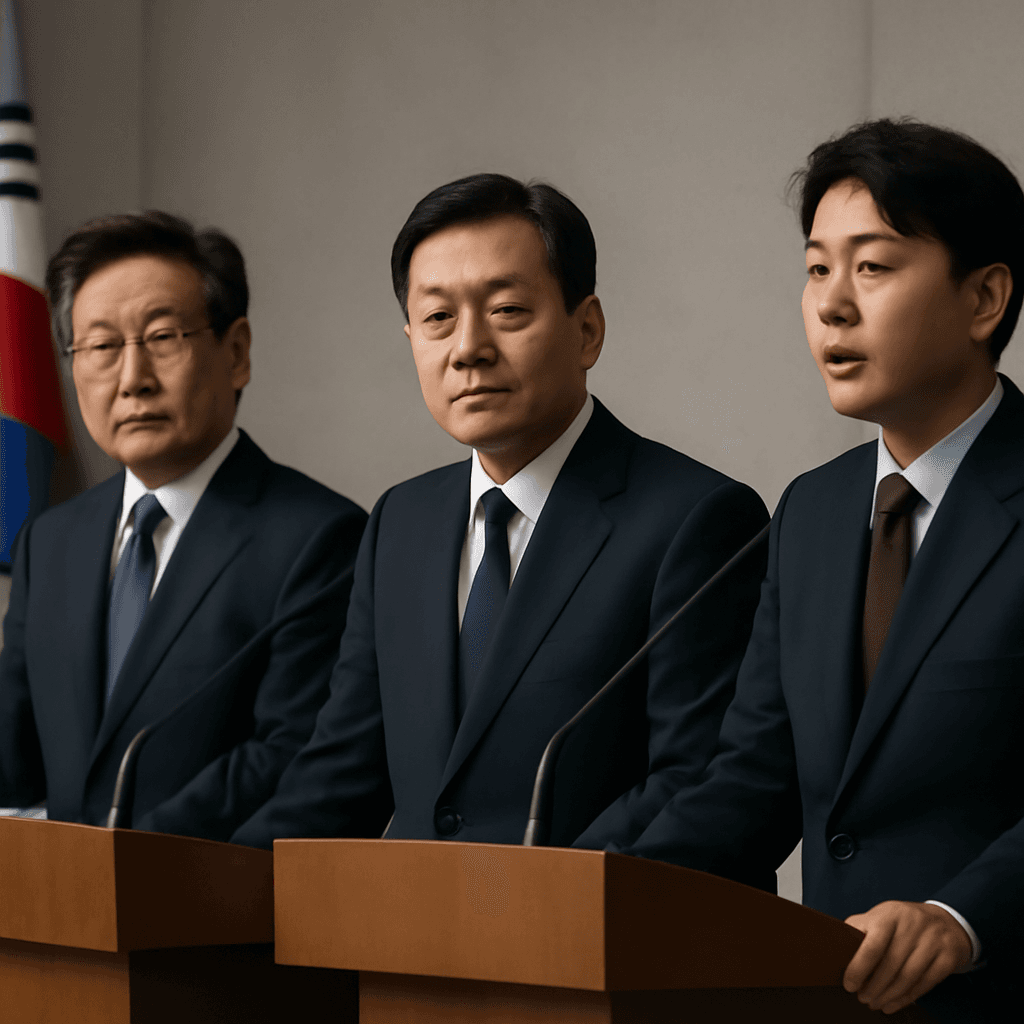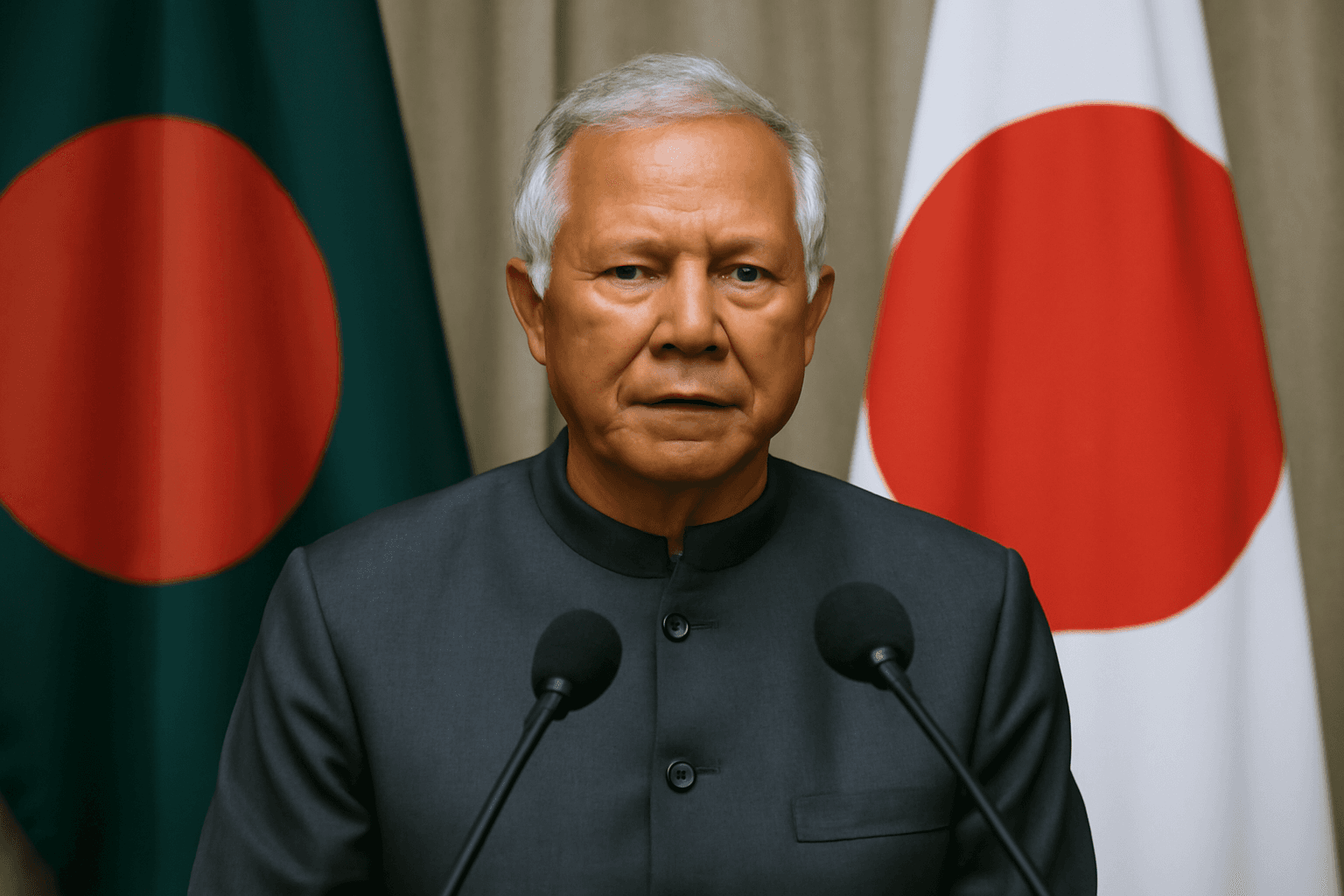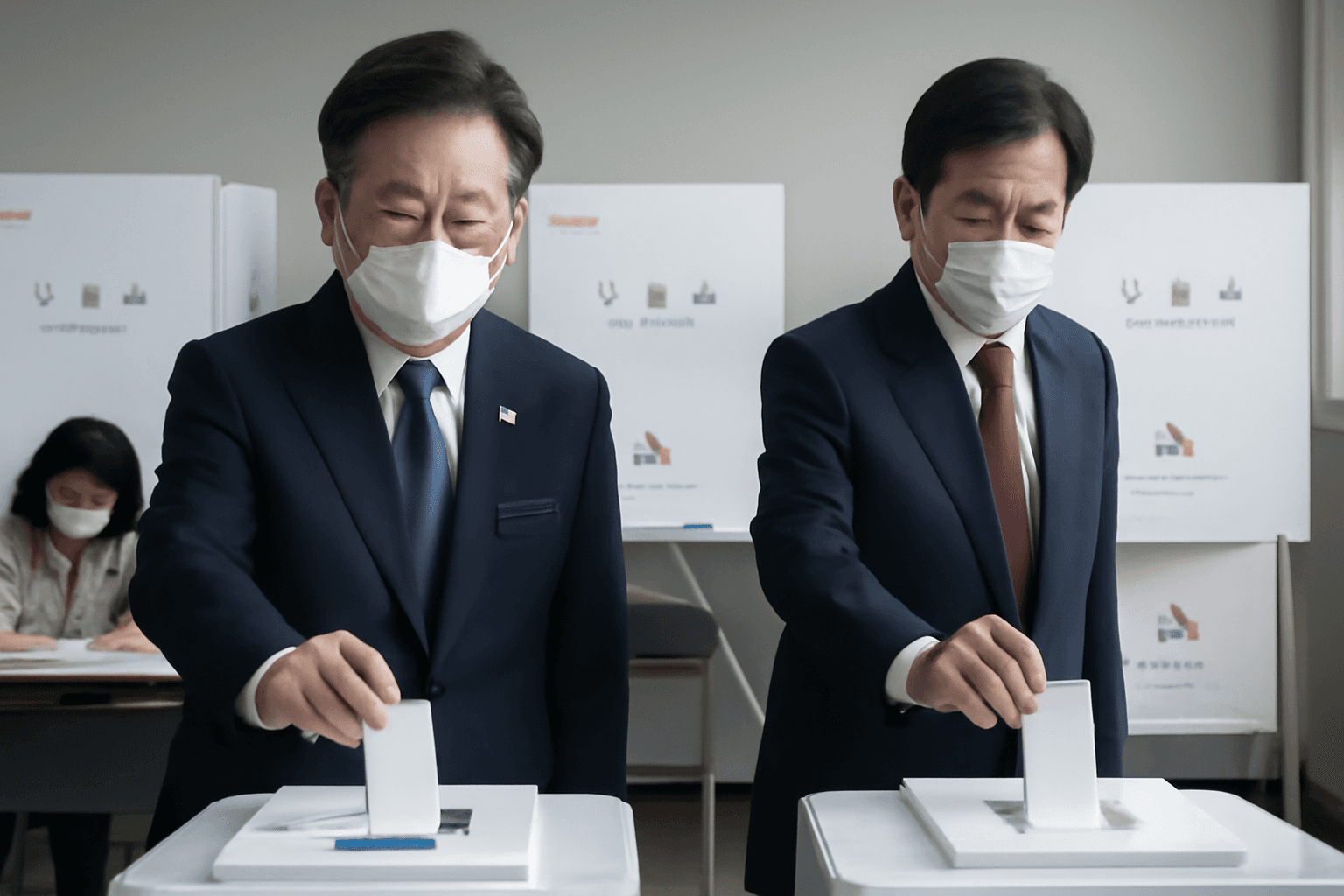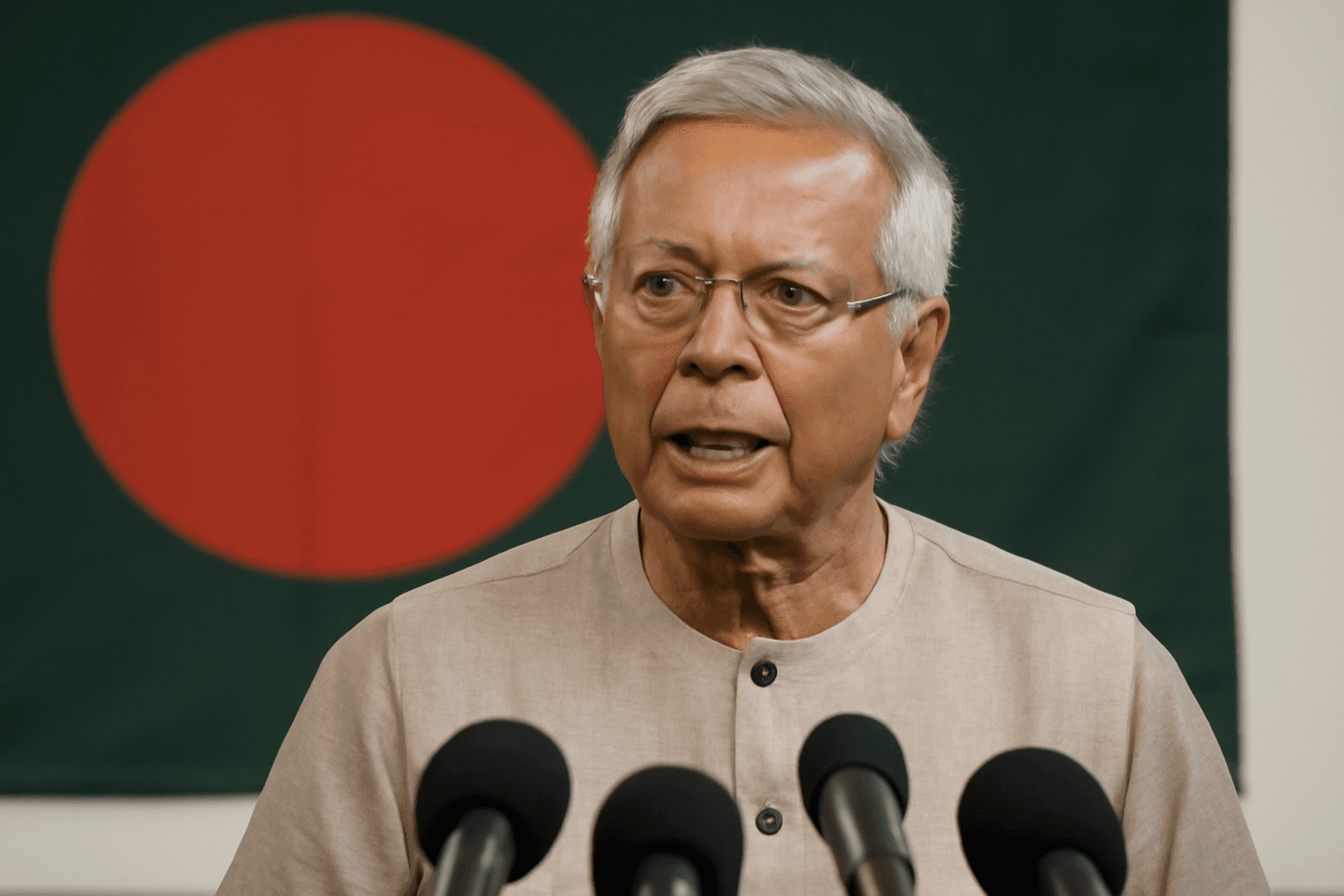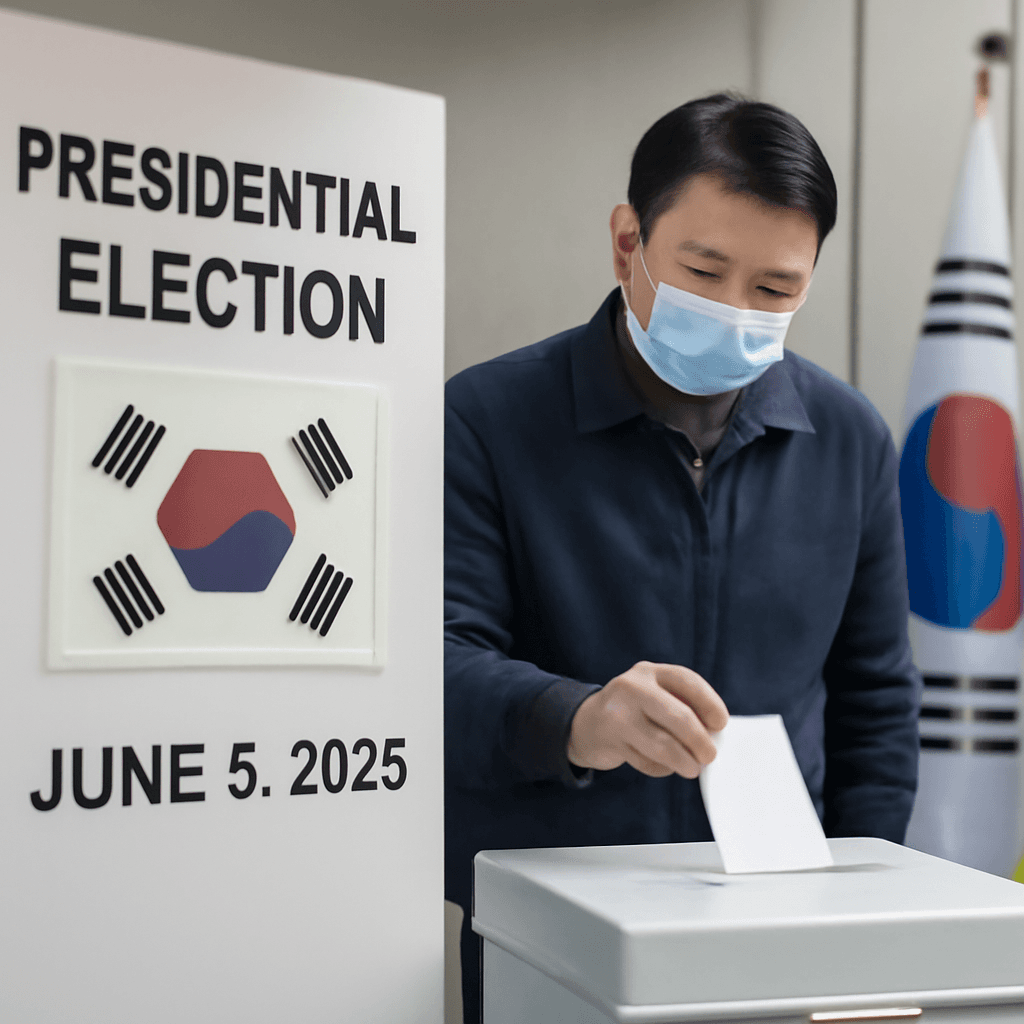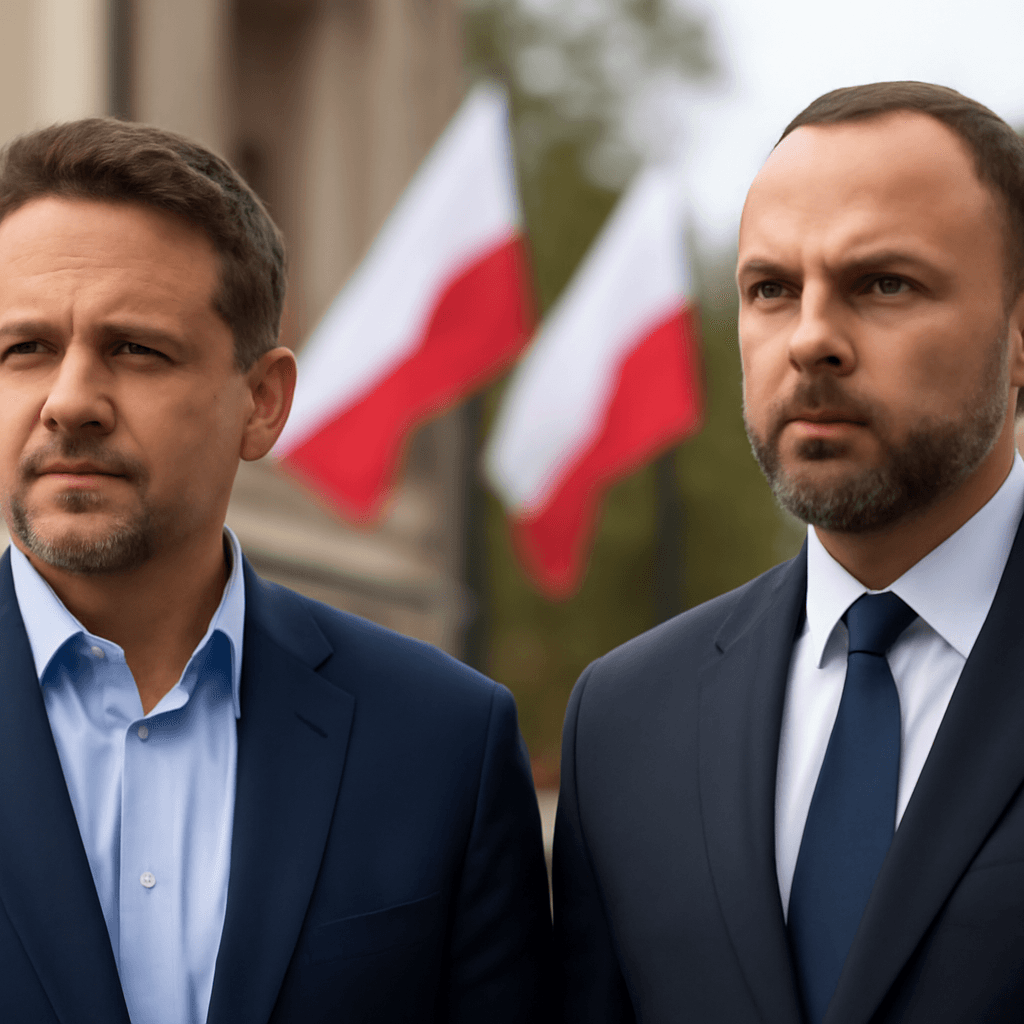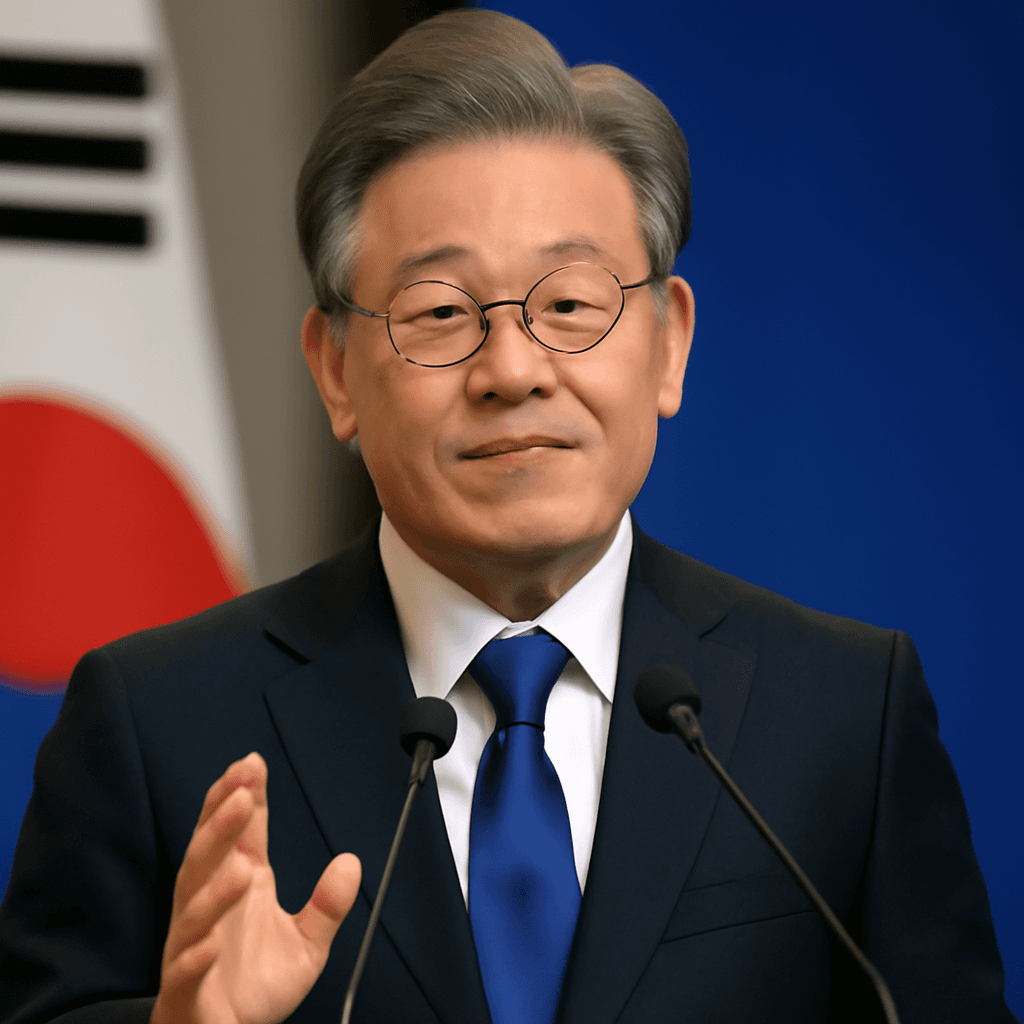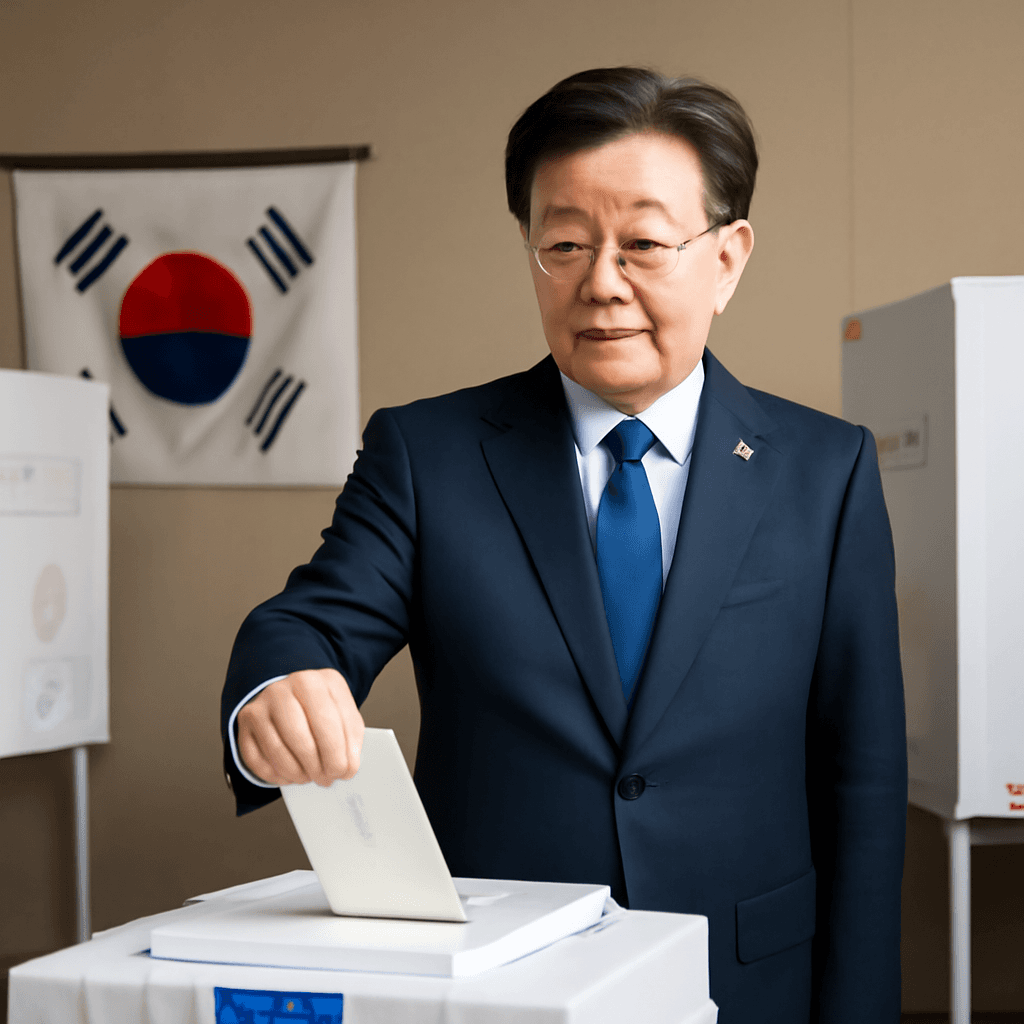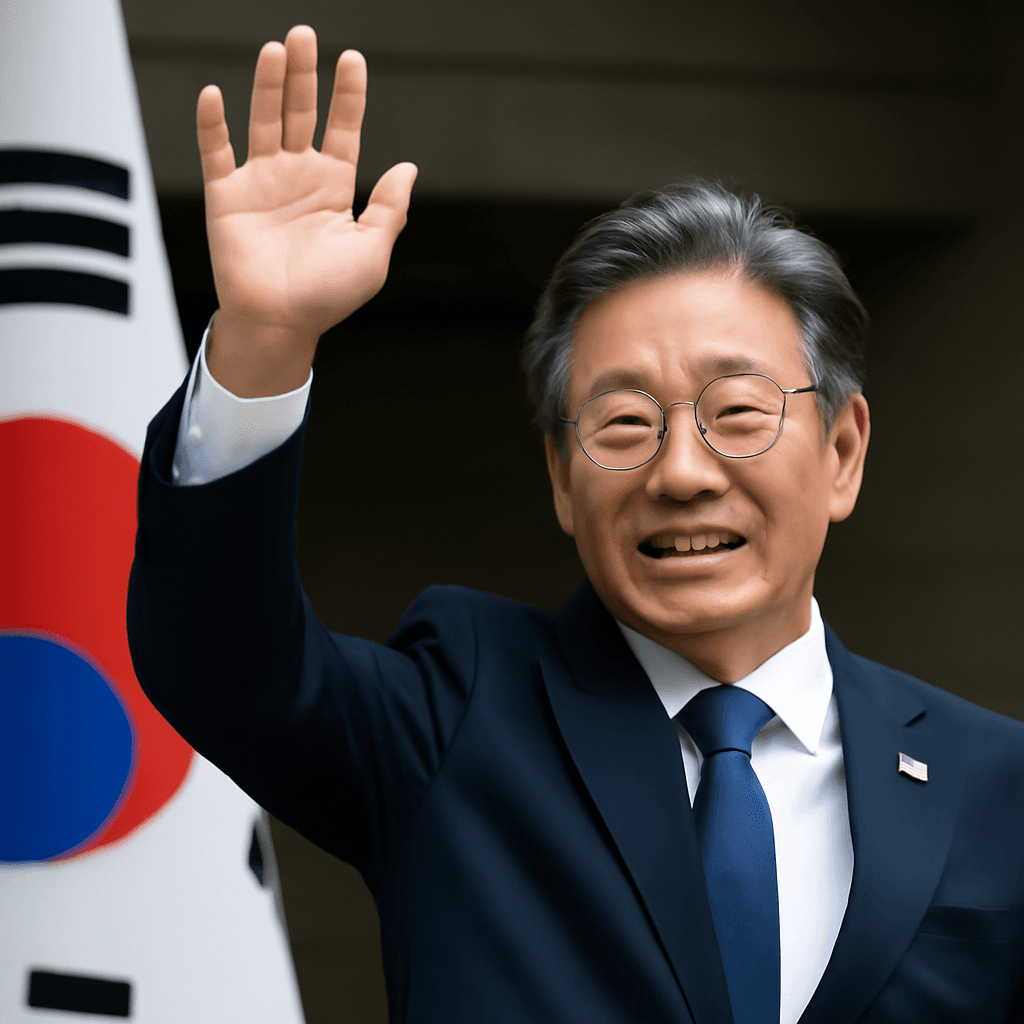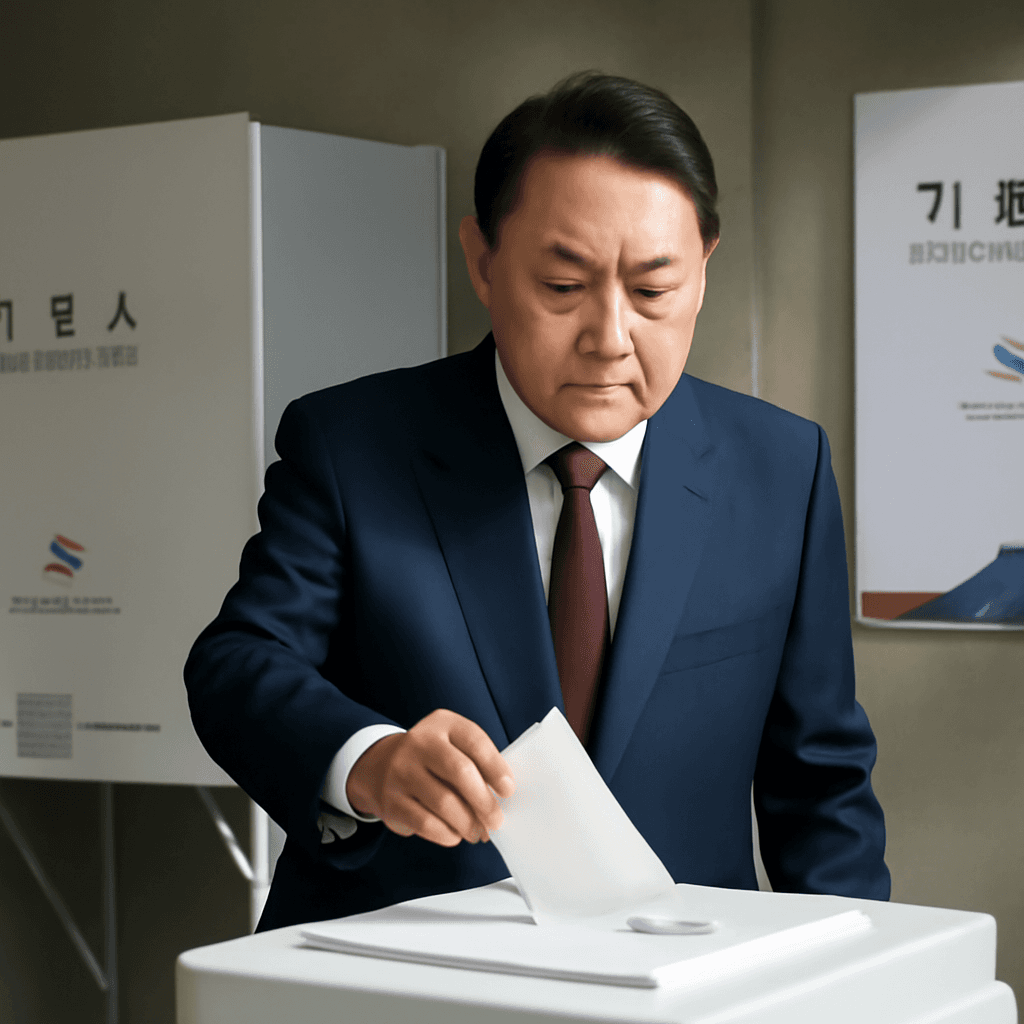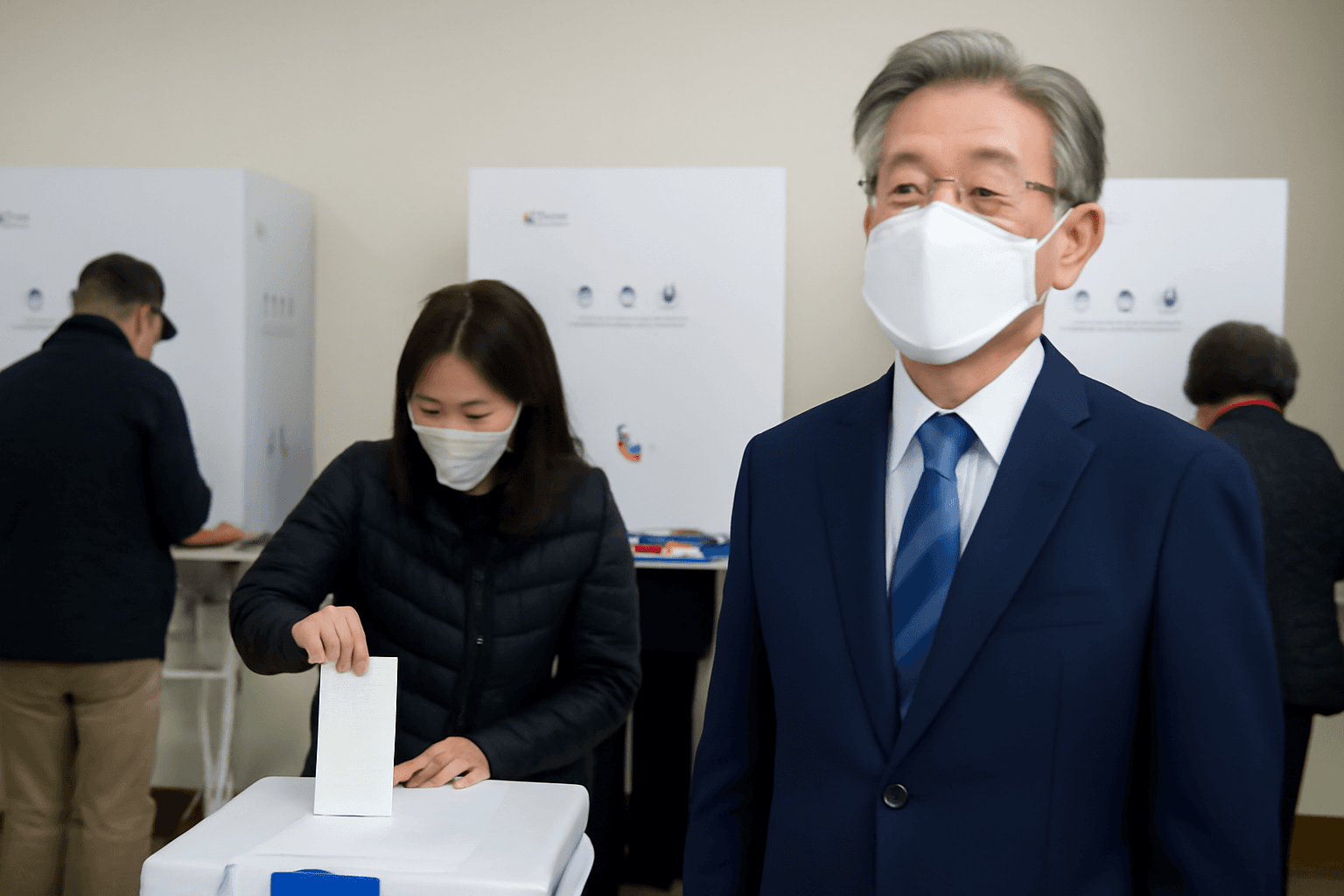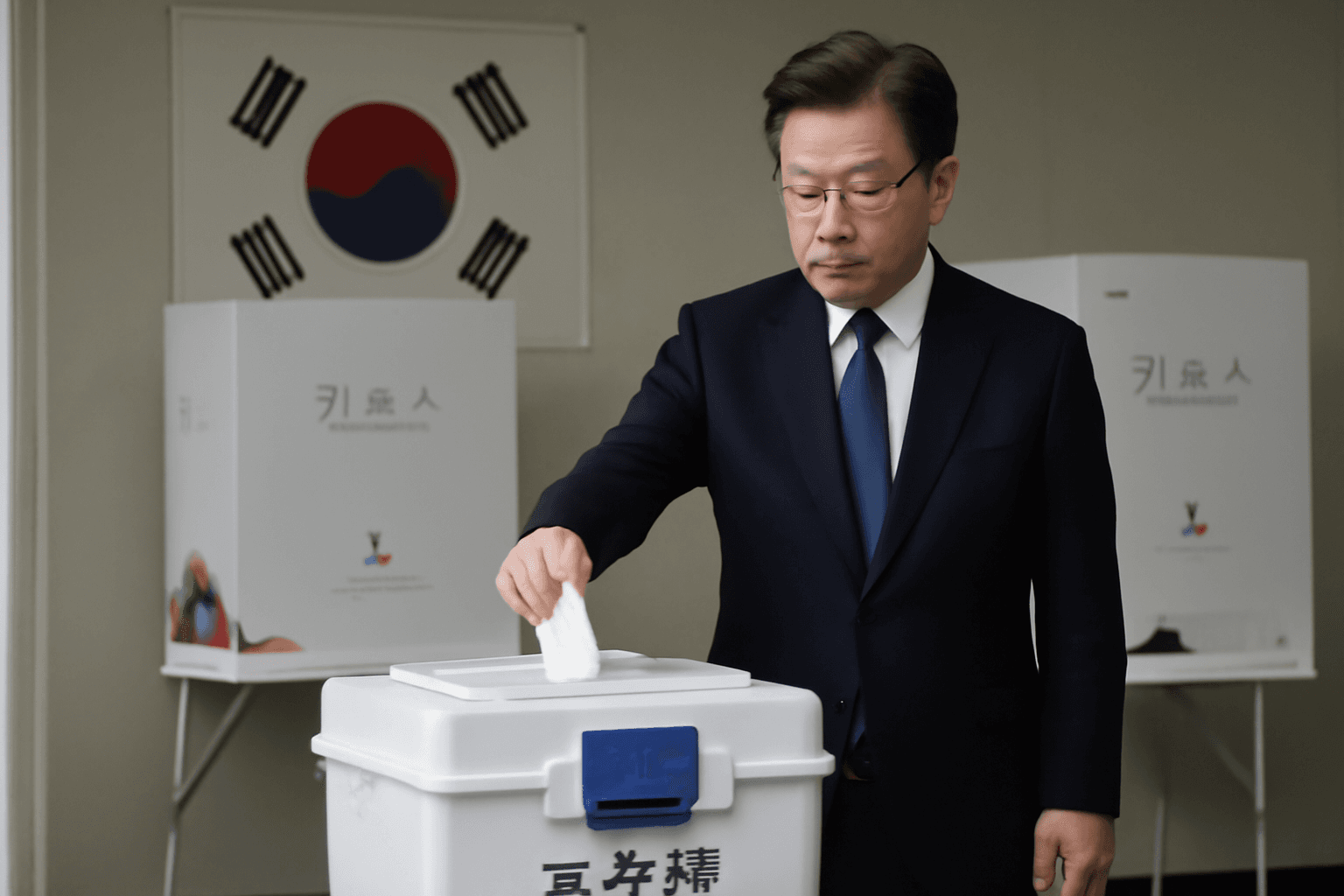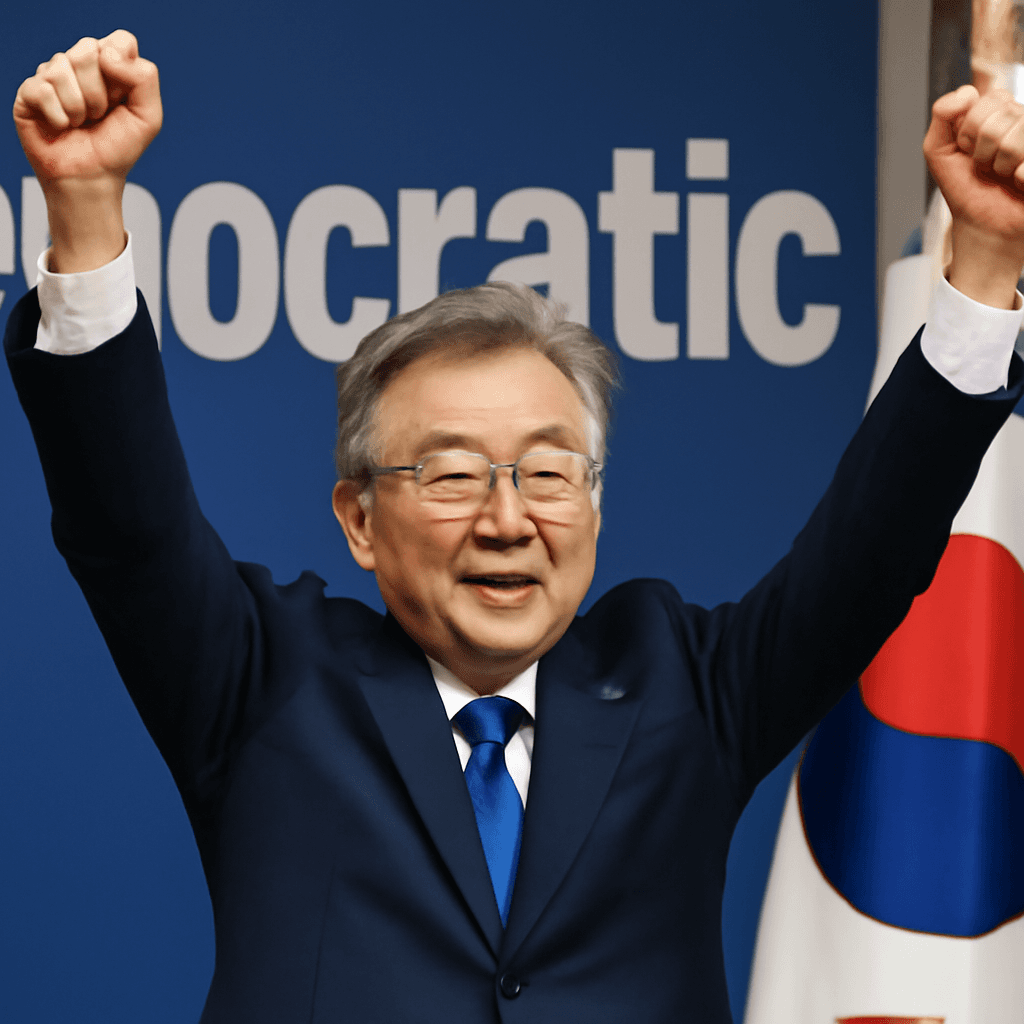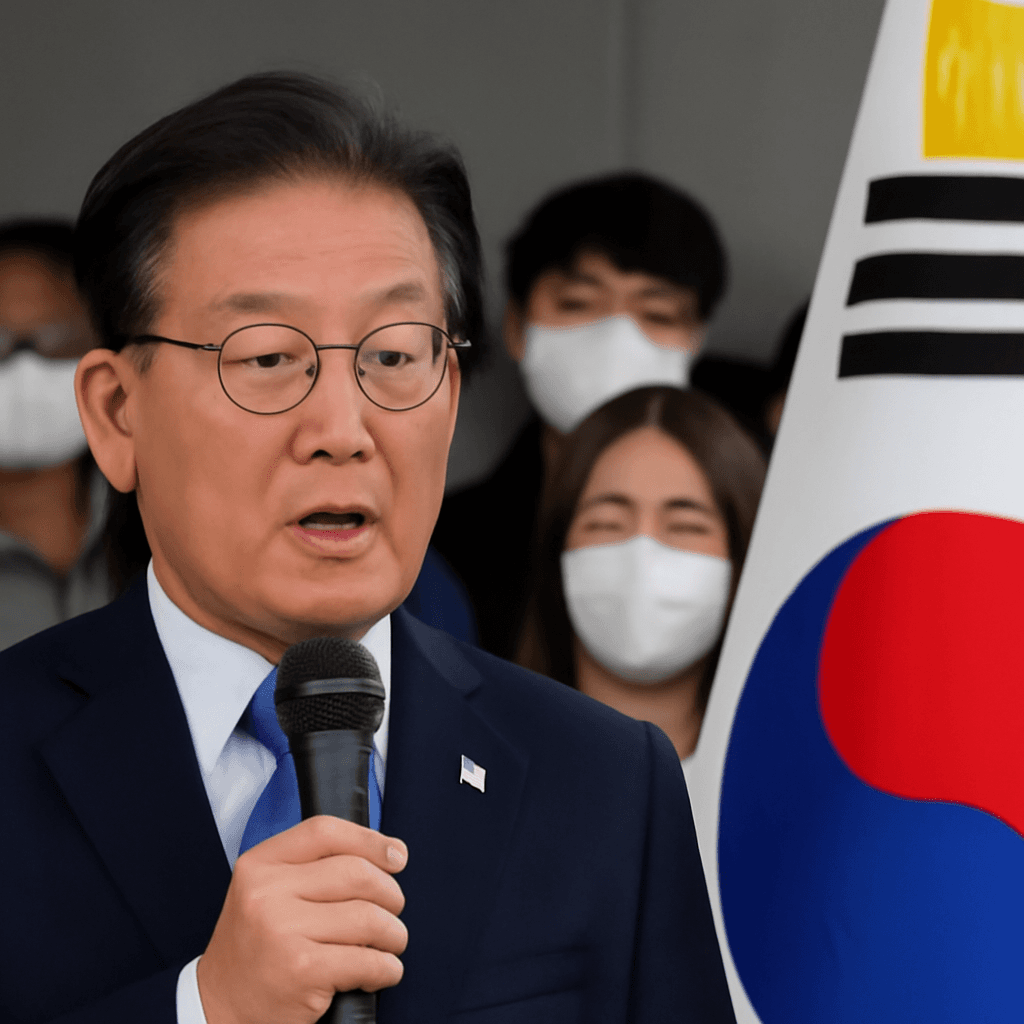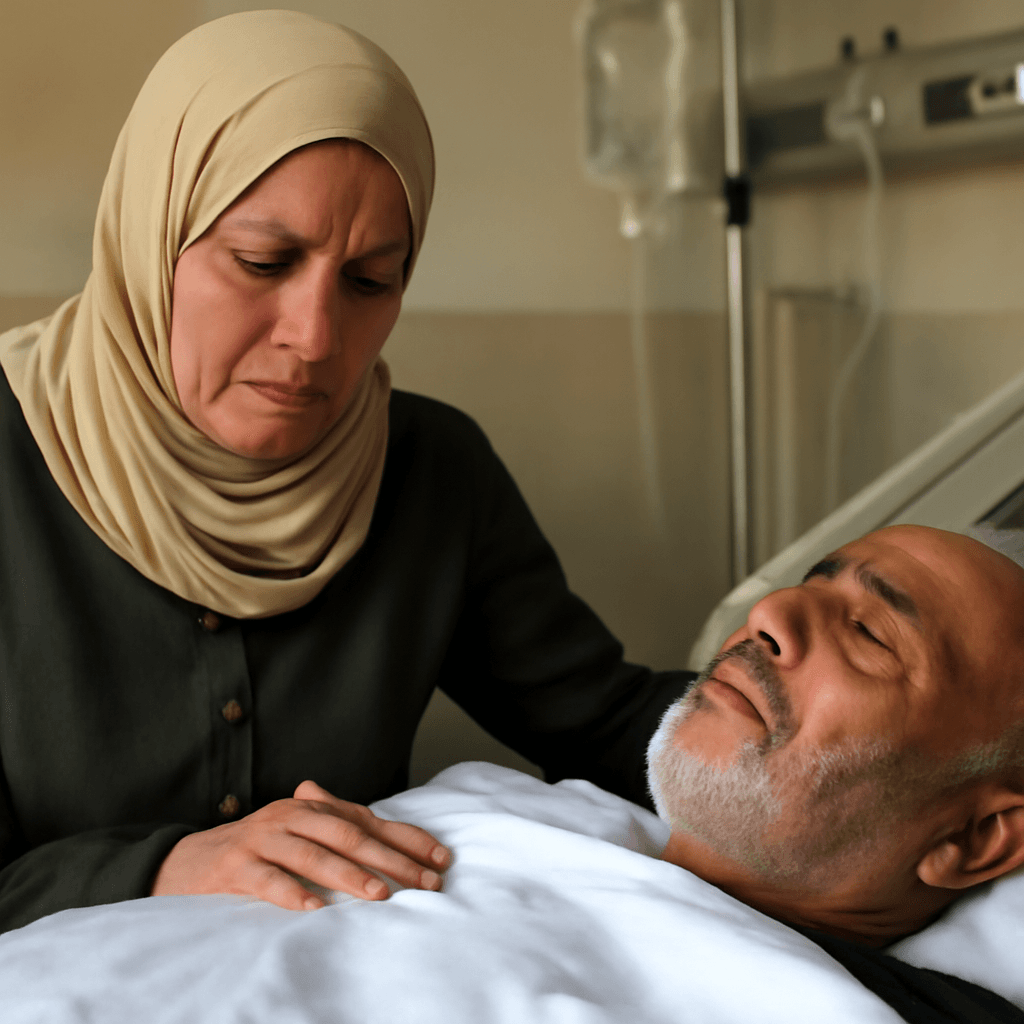South Korea to Hold Snap Presidential Election on June 3, 2025
South Korea will conduct an early presidential election on June 3, 2025, following the impeachment and removal of President Yoon Suk Yeol. Originally scheduled for 2027, this snap election was triggered by unprecedented political developments.
Background of President Yoon's Removal
In December 2024, President Yoon declared martial law, a move that drew widespread condemnation. This decision ultimately led to his impeachment by the National Assembly and his subsequent dismissal by the Constitutional Court in April 2025.
According to South Korea's constitution, a new presidential election must be held within 60 days when a vacancy arises. This provision is the legal basis for setting the election date in early June.
Voting and Voter Turnout
Early voting took place between May 29 and May 30, witnessing a record participation. More than 12 million voters cast their ballots during the early voting phase, representing over a quarter of South Korea’s approximately 44.3 million eligible voters.
Leading Candidates and Political Stakes
- Lee Jae-myung – Democratic Party candidate, former governor and labor activist.
- Kim Moon-soo – People Power Party candidate, former conservative government minister.
- Lee Jun-seok – Reform Party candidate.
The election outcome is expected to influence South Korea's domestic priorities and its diplomatic relations, particularly its engagements with key players such as the United States, China, and North Korea.
Implications for South Korea's Future
This snap presidential election represents a critical juncture for South Korea’s political landscape. The new leadership will face pressing challenges related to national security, economic policy, and regional diplomacy.

